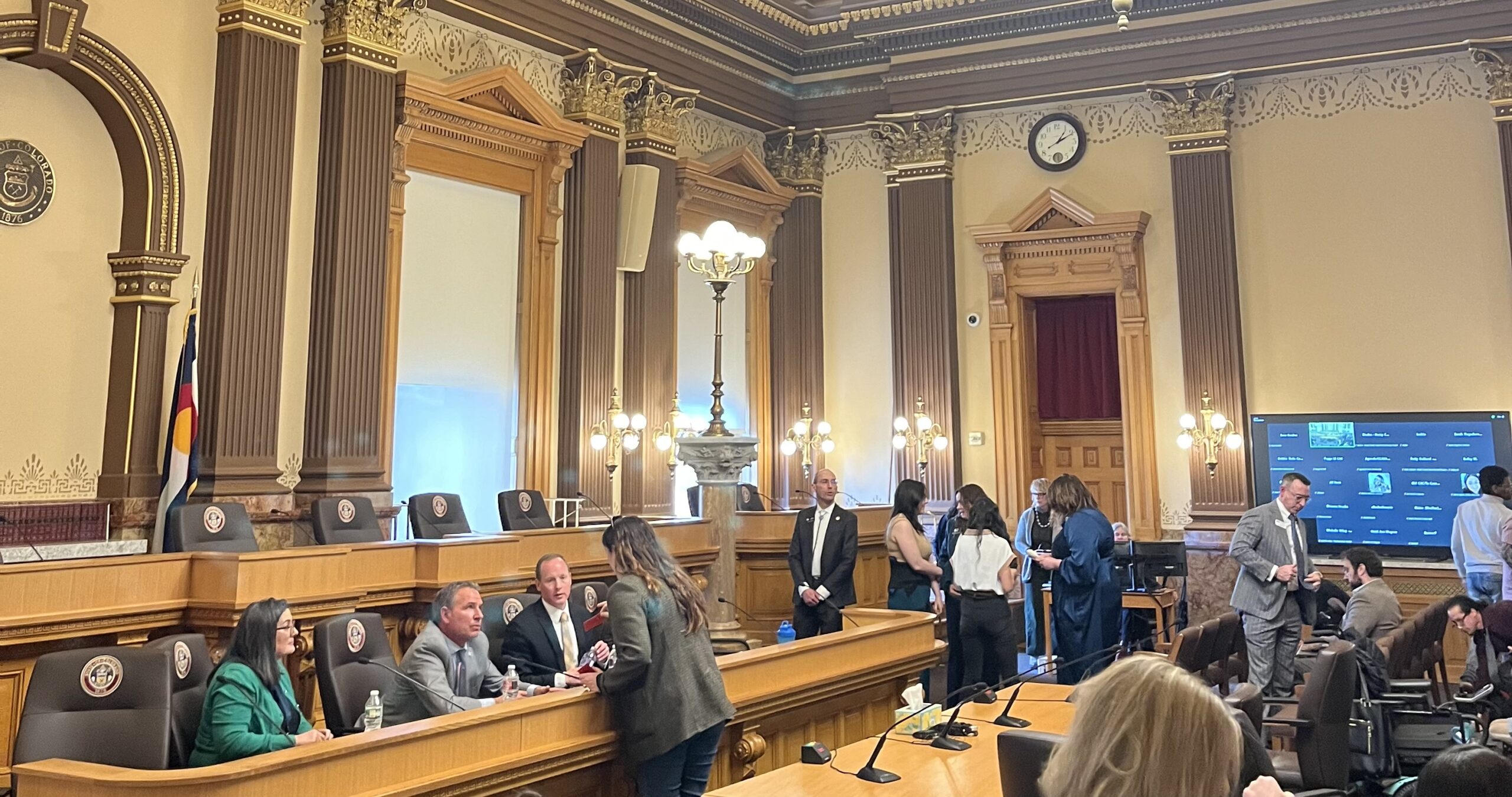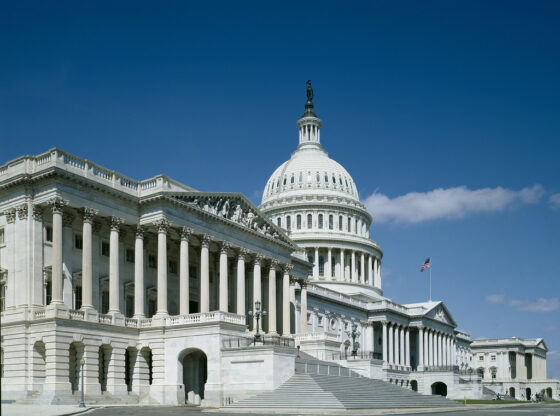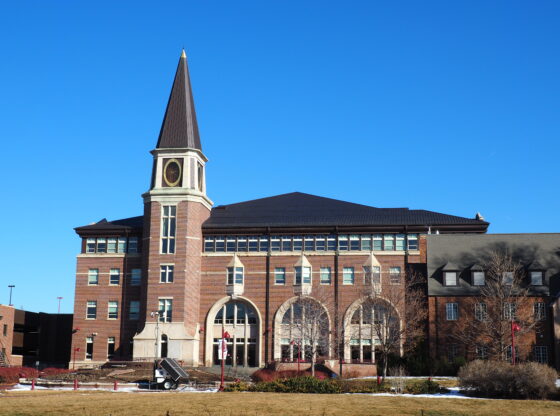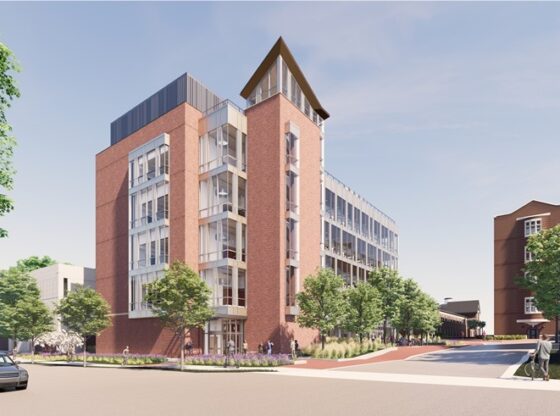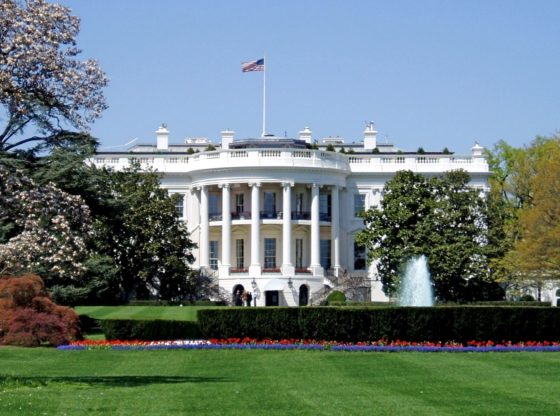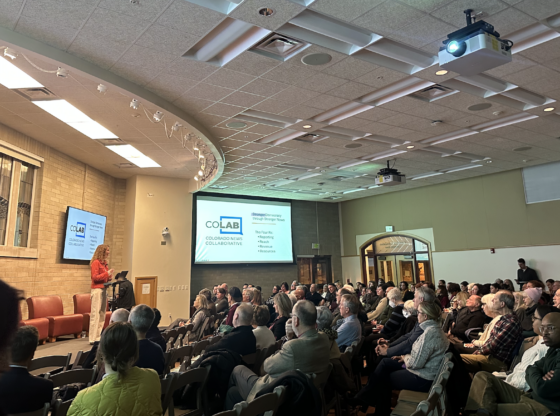As of Sept. 30, 2018, 13 ballot measures were approved for the statewide ballot initiative. Coloradans have the uncommon power to initiate ballot measures and referendums, and after 98,492 signatures were gathered for each, seven that were citizen-initiated made their way onto the November 2018 ballot. The remaining six ballot measures were referred by the Colorado state legislature. Though candidates will not be covered in this article, you can find more information about them on the Colorado Secretary of State’s website. Below is your guide to all 13 ballot measures, the first six of which were proposed by the state legislature.
Amendment V would amend the constitution, changing the age qualification for legislatures from 25 to 21. Proponents of this amendment argue that a 21-year-old is an adult in the eyes of the law and that issues of maturity, wisdom and poise can be determined by the voters. Opponents of the bill state that a 21-year-old legislature does not yet have the experience to govern effectively.
Amendment W attempts to make the Colorado ballot easier to understand by changing the ballot format for judicial retention elections. Proponents say it will make the ballot more readable, while others argue that it will confuse voters even further, running the risk that voters skip the section entirely. Below is an estimated example of the changes.
Amendment X seeks to strike the definition of “industrial hemp” from the Colorado Constitution, defaulting to the federal definition. Proponents argue that it will ensure the largest industrial hemp manufacturer in the country remains relevant. Those against say that it may stray from voters’ original intention for legalized marijuana.
Amendment Y would create a bipartisan Independent Congressional Redistricting Commission for the 2020 census. It aims to eliminate so-called gerrymandering that favors one political party. This proposal is controversial; proponents say that Amendment Y will make redistricting more nonpartisan, transparent and orderly. Opponents say it will make the redistricting process more unaccountable, complex and vague.
Amendment Z aims to create a bipartisan Independent Legislative Redistricting Commission for the 2020 census. This amendment is the same as Amendment Y, but it establishes a commission regarding the state legislature. It shares the same controversy as Y.
Amendment A would remove a portion of the Colorado Constitution allowing slavery and involuntary servitude as a punishment for crime. Proponents argue that it should be removed because it champions a time when discrimination was considered appropriate. Opponents say it is redundant and symbolic because slavery and involuntary servitude are already illegal.
Amendment 73 would increase funding for preschool though secondary public education by increasing the individual tax rate for earners making more than $150,000 a year. It would also increase state corporate tax rates. Proponents argue that the funding cuts that came after the Great Recession have significantly hurt teachers, students and the community, and this would aim to ameliorate that issue; students would be better taken care of and usher in more economic growth. Opponents are nervous that it would not affect student performance and negatively impact the state’s economy.
Amendment 74 would mandate that landowners be justly compensated for any land damaged or devalued by government law or regulation. Proponents argue that it is only fair that they be compensated. Opponents state that taxpayers might pay a hefty bill for any new law, inadvertently altering the value of property.
Amendment 75 seeks to change the rules regarding campaign finance contributions using new limits and rules. Proponents argue that the wealthy have an unfair advantage in our democracy, and this would ameliorate that issue. Opponents argue that our campaign finance rules are complex, and this amendment would only complicate the issue more without addressing the problem.
Proposition 109 would amend Colorado statutes to raise bond funds for roads and transportation without raising taxes. Proponents say that this proposition would solve problems of traffic and highway needs without demanding more money from taxpayers. Opponents voice concerns over the money that would be borrowed and the unsustainability of not finding new sources of revenue.
Proposition 110 proposes to tackle the same issue as Prop. 109, but by raising taxes. Proponents say that the highways and roads are deteriorating, and sustainable methods should be taken to fix them. Opponents argue that taxpayers should not have to foot the bill for the state’s infrastructure and that Proposition 110’s taxes would disproportionately affect people with a lower socioeconomic status.
Proposition 111 would seek to protect recipients of payday loans by reducing the total cost of a payday loan to 36 percent annual percentage rate and abolishing the current fee structure. Proponents argue that the payday lending practices put people in a cycle of debt with APRs that exceed 180 percent. Opponents argue that this will discourage payday loaners from doing business, hurting those who rely on payday loans further.
Proposition 112 would mandate that new oil and gas wells be 2,500 feet back from vulnerable areas such as human dwellings and water sources. Proponents argue that oil and gas pose a risk to the public, and their proximity exacerbates the danger. Opponents argue that the parameters of Proposition 112 would prevent new oil and gas extraction from 85 percent of non-federal land, driving one of Colorado’s largest industries from the state.
If you want to learn more about all 13 ballot measures, you can find the analysis of every amendment on the Colorado Secretary of State’s website, including budget analysis, previous iterations of the text and much more. Your mail-in ballot will be delivered starting the week of Oct. 15. Your ballot must be received by Election Day on Nov. 6.


